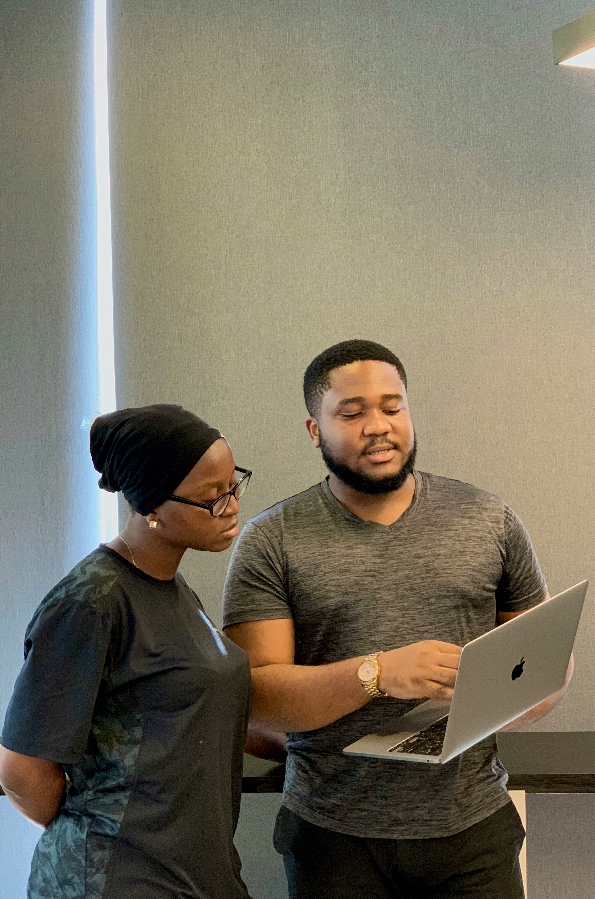Successful Elements of a Better Business Cases Course
Key Elements of a Successful Better Business Cases Foundation Course
A successful Better Business Cases Foundation Course should start with a clear understanding of its objectives. Participants must know what skills and knowledge they will gain by the end of the programme. This clarity not only enhances motivation but also ensures that the course content aligns with their professional aspirations. Establishing these expectations early on sets a positive tone for the learning experience.
Effective course design is crucial for delivering impactful content. A well-structured syllabus that includes a variety of teaching methods keeps learners engaged and facilitates better retention of information. Incorporating multimedia elements, such as videos and interactive exercises, can enhance the learning experience. The Better Business Cases Foundation Course provides participants with a comprehensive understanding of the Better Business Cases framework, designed to enhance decision-making and improve project outcomes. This variety caters to different learning styles and helps maintain participant interest throughout the course.
Real-world case studies are an essential component of any Better Business Cases Foundation Course. By analysing actual scenarios, learners can see how theories and frameworks are applied in practice. This not only aids comprehension but also equips participants with the tools to address similar challenges in their own work environments. Such practical application bridges the gap between theory and practice.
Qualified instructors play a significant role in the success of the course. Educators with practical experience in business cases can provide valuable insights that enhance learning. Their expertise allows for the inclusion of real-life examples and a deeper exploration of the subject matter. Moreover, instructors who encourage questions and foster an open learning environment facilitate richer interactions among participants.
Networking opportunities are another vital element of a successful course. Interacting with peers allows participants to share experiences and insights, creating a collaborative learning atmosphere. These connections can lead to ongoing professional relationships that extend beyond the classroom. Building a network is particularly beneficial in fields where collaboration and shared knowledge are essential for success.




